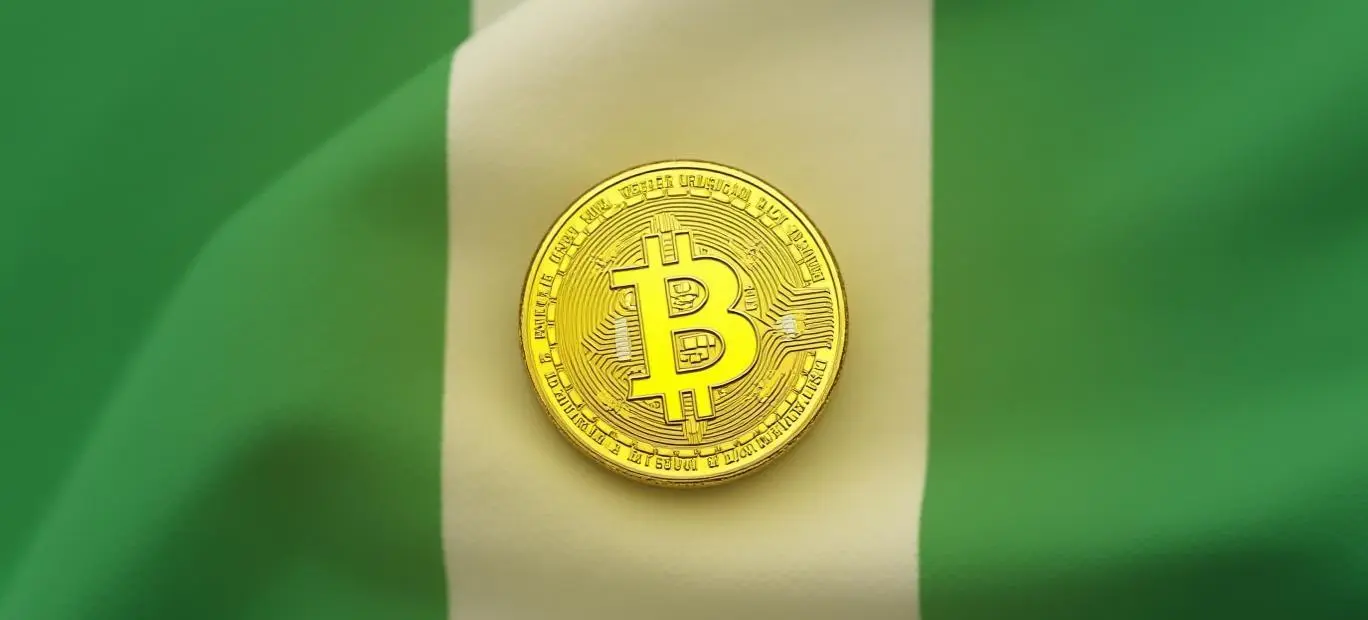- Nigeria backs stablecoins, signaling major shift in crypto regulation approach.
- SEC confirms new legal framework to support digital asset innovation.
- Stablecoins expected to drive jobs and financial inclusion across Nigeria.
Nigeria is moving to formally support stablecoin innovation after years of regulatory uncertainty in the digital asset space. At the Nigeria Stablecoin Summit in Lagos, Dr. Emomotimi Agama, Director-General of the Securities and Exchange Commission (SEC), announced the country’s commitment to a regulated stablecoin ecosystem.
He emphasized that the rules will be adopted to allow digital assets to prosper, but with measures that will keep investors secure and maintain market health. Agama also pointed out the use of stablecoins as a method of economic empowerment and employment generation in the burgeoning tech and financial sectors in Nigeria.
Agama has onboarded some stablecoin companies, but he did not give the names of those onboarded firms. He restated that Nigeria is trying to develop digital asset regulations that fit our demographics and economic realities, as opposed to copying systems in other countries without local modifications.
One of the first steps in this direction is the coming Investment and Securities Act 2025. The act contains comprehensive measures that seek to regulate digital assets by providing a clear legal basis for regulating stablecoins and other instruments.
Also Read: Ripple CTO Breaks Down Truth Behind Missing 32,000 XRPL Ledgers After Fresh Uproar
Regulatory Realignment Targets Economic Growth Through Digital Innovation
According to Agama, Africa needs digital solutions designed for local challenges, supported by strong regulations and guided by economic priorities. The government’s shift is expected to improve investor confidence and drive digital innovation across Nigeria and the continent.
This decision is also in line with the world trend, as Nigeria is taking sides with other regions like the United States, the United Arab Emirates, and the European Union, which all have proposed frameworks aimed at regulating stablecoins. In 2023, the Nigerian government reversed its 2017 ban on conducting crypto-based banking activities, making it an era of acceptance and regulation.
The total stablecoins market is currently more than $271 billion, driven by entities such as Tether (USDT) and Circle (USDC). Nigeria’s decision to introduce itself into this controlled area is likely to increase the number of financial institutions entering this open market and access to finance with blockchain.
Wider adoption of stablecoins is also enhancing liquidity across digital markets, which supports rising interest in cryptocurrencies such as Bitcoin and Ethereum during the current bullish trend.
Nigeria’s endorsement of stablecoins under a regulatory framework marks a significant policy shift. Authorities now aim to balance innovation with oversight, opening the door for stablecoins to play a central role in Nigeria’s financial future.
Also Read: Billy Markus Exposes Hilarious Truth Behind Dogecoin’s Name in Viral Tweet
